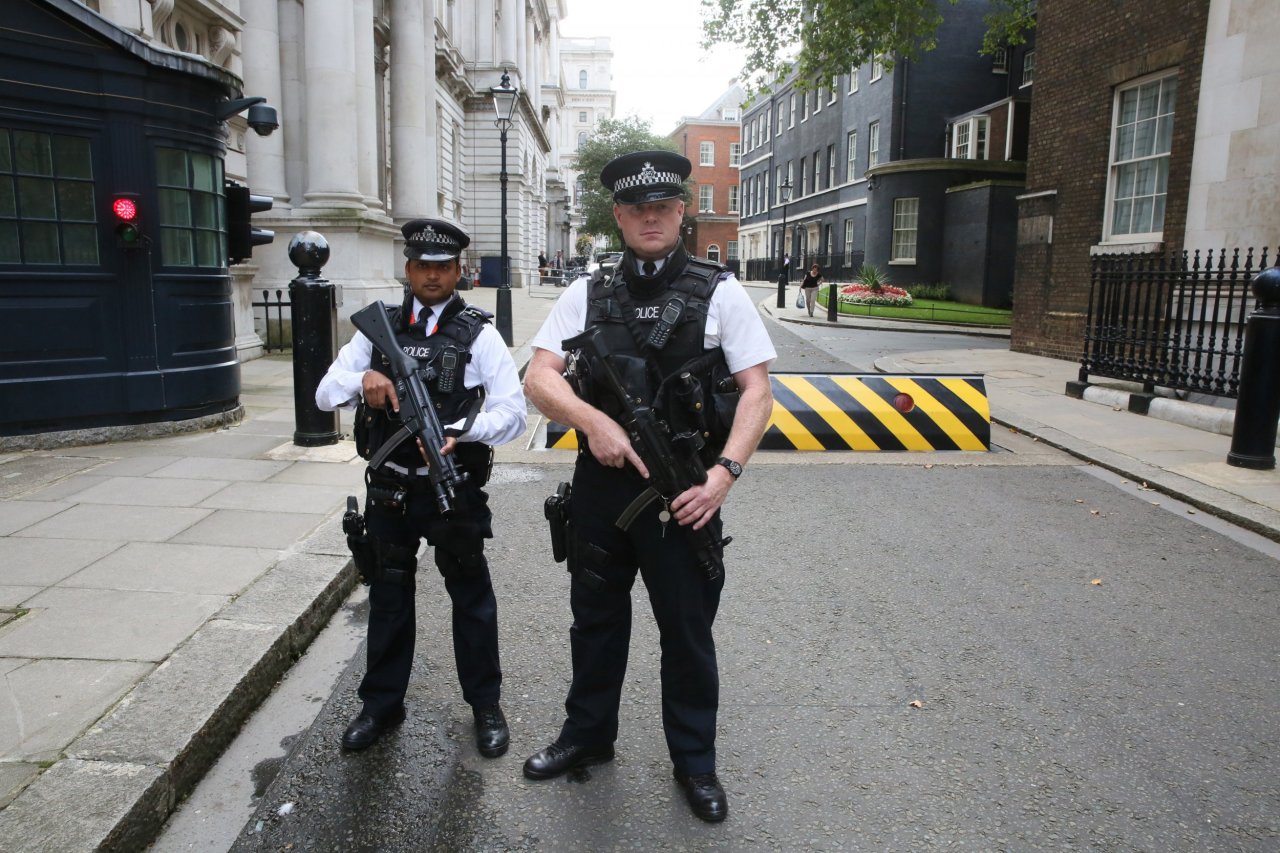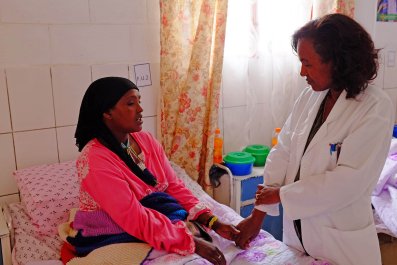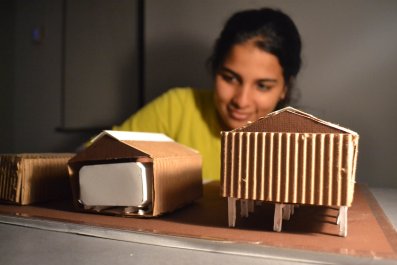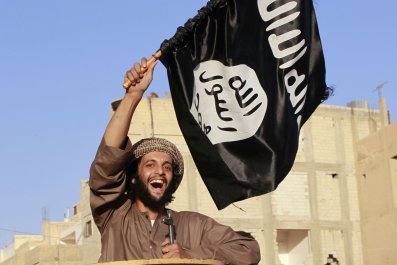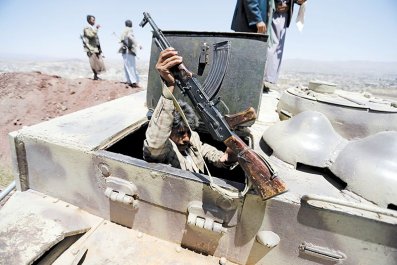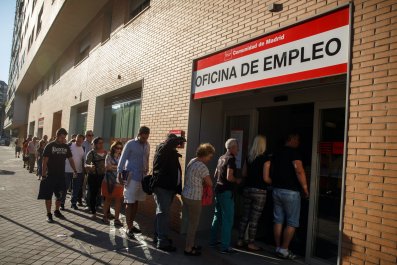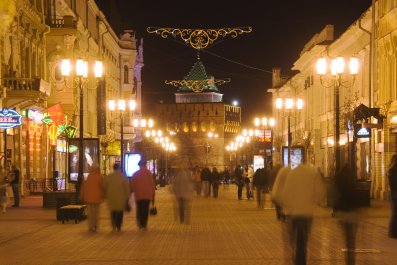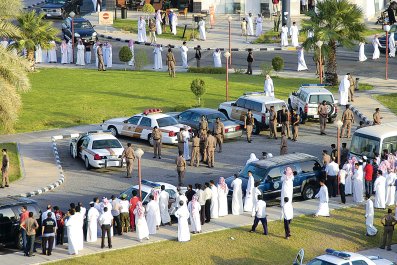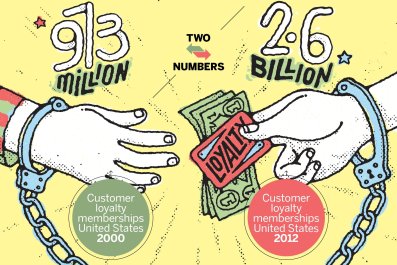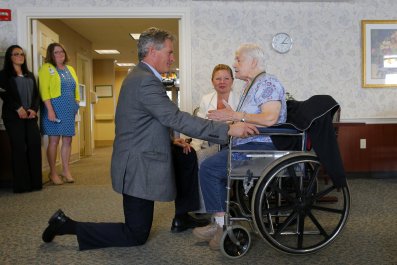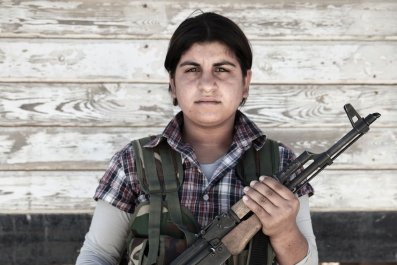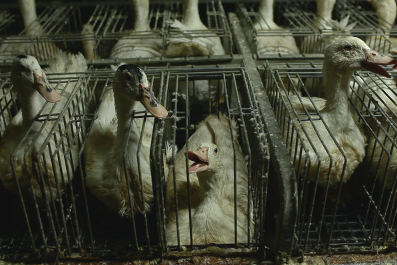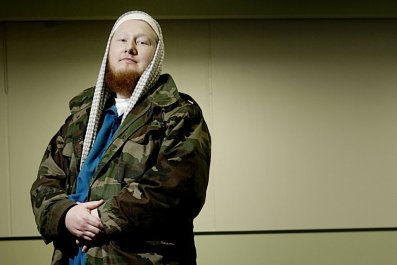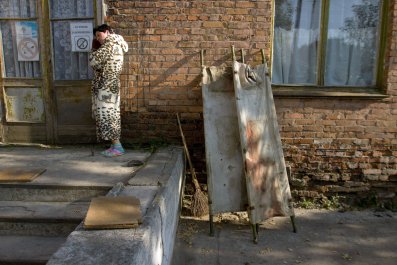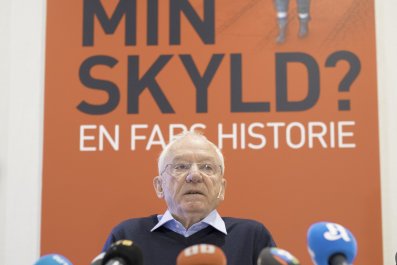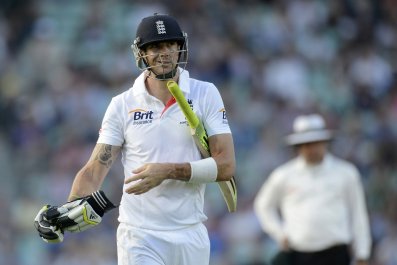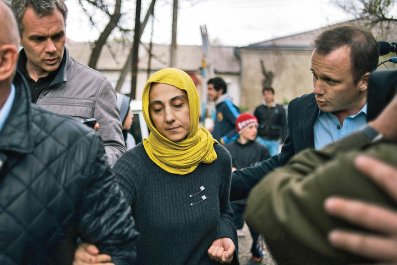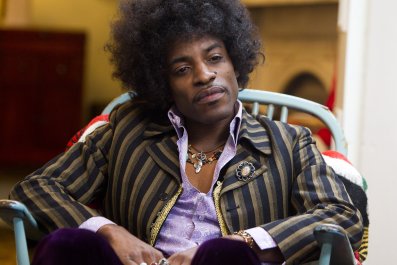After the 7th July bombings, which killed 52 civilians in London in 2005, the head of Britain's Security Service (MI5) told a committee of Members of Parliament that his agency only had the resources to "hit the crocodiles nearest the boat". Jonathan Evans said MI5 had to "prioritise ruthlessly" which terror suspects to target and which to leave swimming undisturbed, after it was shown that the plot's leader Mohammed Sidique Khan had been known to the authorities many years before.
Nowadays, the crocodiles are plentiful and the waters are murkier than before. The emergence of the group who call themselves Islamic State, also known as Isis, in Syria and Iraq has dramatically widened the field of characters who interest the UK security services, making decisions about who to monitor harder than ever.
M15 analysts have been systematically re-analysing old files, looking for characters who were considered low-risk before but might now be capable of the kind of primitive attacks that Isis leaders encourage – a process going back to the murder of Lee Rigby in May 2013.
"They [M15] have started re-evaluating a lot of the people they used to look at," says Raffaello Pantucci, a leading counter-terrorism researcher at the Royal United Services Institute. "And you can track that if you look at the arrests that they've done, when they do them and how they kick down doors now quite early. You're going for people who, in a couple of days, go from thinking into action."
Last week, police in London arrested five men, aged 20 and 21, suspected of plotting an attack, all of whom are believed to have attended the same school. One of the men is thought to have spent time in Syria.
How Britain deals with the large number of its citizens who have been involved with Syria's jihadist groups – including Isis and the al-Qaida franchise Jabhat al-Nusra – is a major
challenge. Sir Bernard Hogan-Howe, the commissioner of the Metropolitan Police, has said there are nearly to 200 potentially "militarised" fighters in London alone, calling for a significant increase in funding to allow the intelligence services and police keep up. And, last week, mayor Boris Johnson said the authorities are monitoring "thousands" of terror suspects in the capital.
"There is clearly an assessment made of those who come back," says Pantucci, who is the author of a book about Britain's mujahidin, We Love Death As You Love Life. "And we've seen indicators a few times in the press that not everyone who is coming back is getting picked up. They look at the guy and what they can discern of his actions and they talk to them and get a sense of them and kind of conclude 'Well, this one, is probably not going to turn out to be a terror threat. Can I have a watching brief on him' and probably quite a loose watching brief."
Some of that work is done by M15's behavioural science unit – the section of the intelligence services with the deepest understanding of those who plot terror attacks. Full of PhDs, Masters students and very experienced security analysts, members of the unit are "very efficient and very competent . . . pretty good at their job" according to a researcher who has encountered them.
An "assessment matrix" drawn up by the unit is said to form the basis of how each individual who comes across M15's radar is considered, distilling the threat indicators on the basis of past terrorists and the new information about Isis's intentions. The recent arrests suggest there is a "tight watch" on characters of concern, according to Pantucci: "That tells me they are watching these people quite carefully." Experts talk of an "accelerated threat picture" – referring to the belief that today's potential attacks are much more random, more basic, and that the time between an individual deciding to commit an atrocity and doing so can now be days rather than years.
"It must be extremely difficult to prevent things like Woolwich happening," says Richard Barrett, a former M15 intelligence officer, who led the UN's terrorism Monitoring Team for almost a decade and before that was M16's Director of Global Counter Terrorism Operations.
"Even if you have got somebody who is radicalised, but not to the point where they are going to go and stab somebody in the street, you don't know what's happening to him that evening – where he sits around with his mates and they get themselves all worked up over some video. We don't live in a surveillance state that could possibly cope with that, nor would we want to frankly."
Last week UK police officers were told to "remain vigilant" against the threat of attacks. Spotting crocodiles and judging their distance from the boat remains the task of the hour. "You can't say that just because you've been a foreign fighter, you are going to turn into a domestic terrorist," says Barrett. "They are two different things, and it's not a linear progression, it's not an automatic evolution at all."
According to Barrett, those returned fighters who are not categorised as dangerous are the "best messengers" the security services could have, so they should be allowed to rejoin their communities relatively unimpeded.
"What should be happening is that you say to a foreign fighter, 'If you are coming back because you don't like what is happening out there, then here's a channel for you to go through, let's talk about your experiences.' Not, 'As soon as you land we are going to rip out your eyes and chuck you in prison.' Because that deters people from coming back, and the longer they stay out there, the more likely they are to be radicalised.
"The guy coming back knows other people, knows where they hang out, the language they speak, the cultural influences they experience, and can say, 'Look guys, I went there, I saw it, it's terrible.' And he has all the credibility."
It is acknowledged in the security services that securing strong cooperation from parts of the Muslim community is easier in the aftermath of a high-profile terror trial that shakes up any complacency, like the 2006 aircraft plot that saw eight men charged and three convicted of conspiracy to murder, with more convicted on retrial.
Currently there is a so-called "secret trial" at the Old Bailey, subject to heavy reporting restrictions, as a result of the exceptional nature of the case against the two defendants, one of whom has entered a guilty plea. The secrecy of the trial – with reporters' notebooks being locked up each day – is a hint that Britain's spooks are hunting in muddy waters again.


